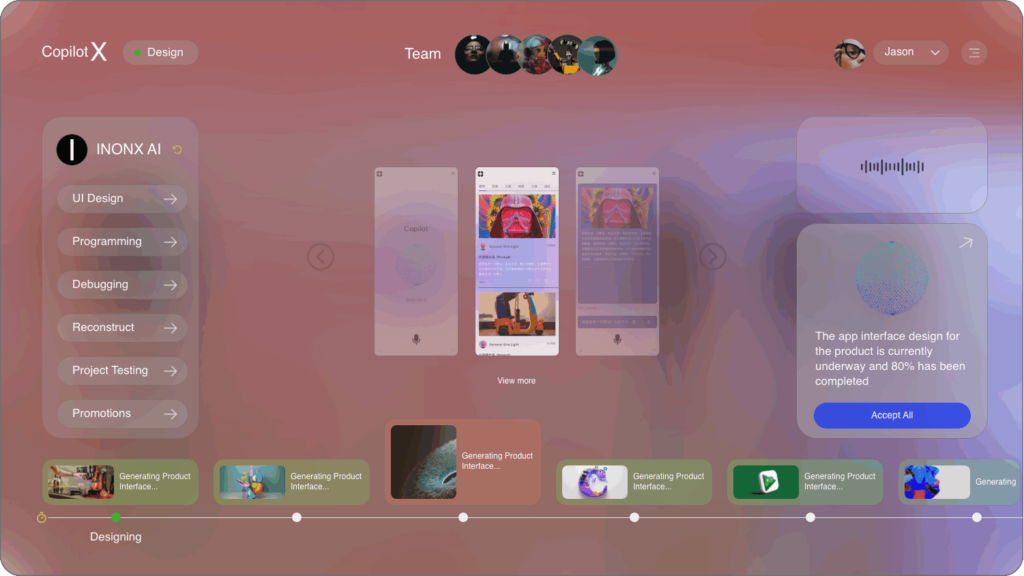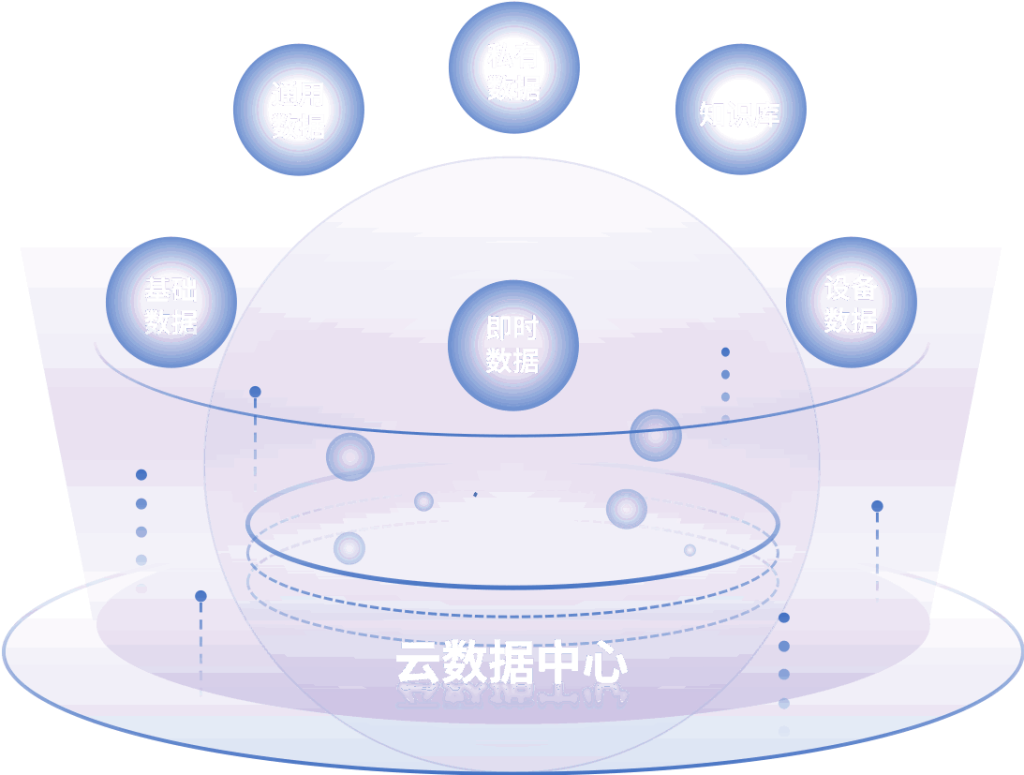In recent months, AI has seen an exponential growth in applications across various sectors. Notably, advancements have been made in AI writing applications, the role of AI in talent acquisition, and innovative implementations of AI in community health initiatives. Each of these areas demonstrates a distinct facet of how artificial intelligence is reshaping industries and improving human experiences. This article provides an overview of the latest developments in these three pivotal AI domains.
.
**AI Writing Applications: A New Frontier in Creativity and Functionality**
AI writing applications have rapidly gained traction, becoming indispensable tools for writers, marketers, and businesses alike. Sophisticated algorithms, particularly those based on models like OpenAI’s GPT-3 and its subsequent iterations, are transforming how content is generated.
One of the latest breakthroughs is the introduction of AI tools that integrate seamlessly with existing content management systems. Tools like Jasper and Wordtune have unveiled features that allow users to draft, edit, and optimize content with mere prompts, resulting in significant time savings and improved workflow. These applications are not only capable of generating articles or blogs but can also assist in more technical domains such as coding or academic writing.
Moreover, these tools are evolving to understand context better. The technology now includes sentiment analysis and tone adjustment features, enabling users to customize the voice of their content according to audience preferences. This ability enhances engagement and makes it easier for brands to communicate effectively with their target markets.
According to a recent survey conducted by Market Research Future, the global market for AI writing applications is expected to grow at a CAGR of 24.6% from 2023 to 2030, reaching approximately $2 billion by the end of the forecast period. This staggering growth reflects the increasing integration of AI tools in daily workflows, particularly among digital marketing professionals and content creators.
Furthermore, ethical considerations are now at the forefront of AI writing applications. As the potential for misinformation and bias increases, developers are investing in more robust frameworks to promote transparency and ethical usage. Tools are increasingly being equipped with features that provide disclaimers when AI-generated content is produced, ensuring users remain aware of the origins of the content they share.
.
**AI for Talent Acquisition: Revolutionizing Recruitment Processes**
The recruitment landscape is undergoing a significant transformation, driven by the implementation of AI in talent acquisition. Companies are recognizing the potential of AI to streamline hiring processes, eliminate bias, and enhance candidate experience. 2023 has brought forth several advancements in AI-powered recruitment tools.
One of the major players in this development is Pymetrics, which employs neuroscience-based games and AI algorithms to evaluate candidates’ cognitive and emotional traits. This assessment helps organizations identify individuals whose skills and values align with the company culture. By shifting the focus away from traditional résumés, Pymetrics is helping companies reduce unconscious bias in recruitment.
Another notable innovation is the use of AI chatbots for preliminary rounds of interviews. These chatbots can conduct real-time candidate assessments, review qualifications, and answer frequently asked questions, providing initial feedback almost immediately. Platforms like Mya and XOR have made it possible for HR teams to engage with candidates on an ongoing basis, improving response times and ensuring a smoother candidate journey.
Additionally, AI algorithms are harnessing data analytics to predict candidate success. By analyzing previous hiring patterns and correlating them with employee performance metrics, companies can gain insights that help them make informed hiring decisions. This data-centric approach not only improves hiring accuracy but also increases retention rates.
However, despite the promising advancements, experts caution against over-reliance on AI in recruitment. The importance of human judgment and emotional intelligence in hiring cannot be understated. Consequently, many now advocate for an augmented recruitment approach, where human decision-makers collaborate with AI systems to achieve optimal outcomes.
A study released by LinkedIn indicates that 76% of recruiters believe AI can significantly reduce the time-to-hire, demonstrating the widespread acceptance of AI technologies in improving recruitment efficiency. Moreover, firms implementing AI for talent acquisition saw, on average, a 14% increase in candidate satisfaction scores, evidencing the positive impact of these tools.
.
**AI in Community Health Initiatives: Enhancing Public Wellness**
The integration of AI in community health initiatives represents a significant leap towards addressing public health challenges. Recent developments underline how AI technologies are applied to improve health outcomes on both local and global scales.
One of the striking examples is the use of AI-driven predictive analytics in disease outbreak monitoring. Platforms such as BlueDot have employed AI to analyze data from various sources, including news reports, social media, and public health databases, to predict and track infectious disease outbreaks. The COVID-19 pandemic underscored the utility of such technologies, revealing their potential to facilitate early warnings and timely interventions.
Additionally, AI implementations in telehealth are reshaping how patients access healthcare services. Solutions leveraging natural language processing (NLP) allow for efficient patient triage, where AI can analyze symptoms and recommend appropriate next steps, from a virtual consultation to immediate care directions. Services like Ada Health and Buoy Health are leading the way in this domain, providing users with instant health assessments and guidance.
Furthermore, AI is also contributing to personalized healthcare delivery. Machine learning algorithms can analyze extensive datasets, enabling healthcare providers to tailor treatment plans based on individual patient histories and outcomes. This level of personalization not only enhances patient experience but also drives improved health outcomes.
Challenges in the field remain, particularly regarding data privacy and ethical use of AI in health settings. Advocates emphasize the importance of establishing robust governance frameworks to ensure that AI-driven interventions respect patient rights and promote equitable health access.
According to a report by the World Health Organization, the potential impact of AI technologies in healthcare could lead to a 30% increase in resource efficiency in 2023 and beyond. This projected improvement highlights the transformative potential of AI in addressing pressing health challenges, particularly in underserved communities.
.
In conclusion, the field of artificial intelligence is evolving at a rapid pace, with significant innovations across AI writing applications, talent acquisition, and community health initiatives. As these technologies continue to advance, they hold the promise of enhancing efficiency, creativity, and health outcomes in profound ways. Nevertheless, as AI becomes integral to various sectors, it is crucial to address the ethical implications and ensure responsible application. Stakeholders across industries must prioritize transparent, equitable, and ethical frameworks to guide the development of AI technologies, harnessing their capabilities while safeguarding individual rights and societal norms.


























